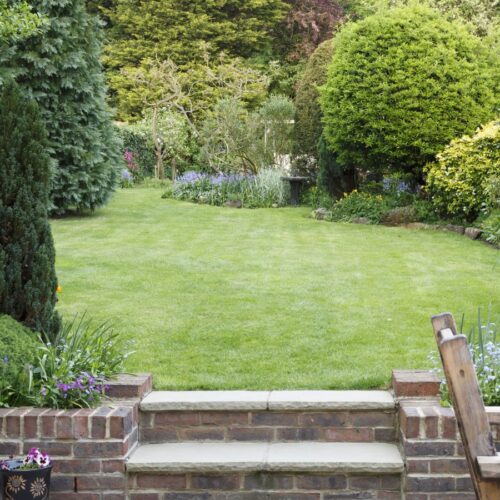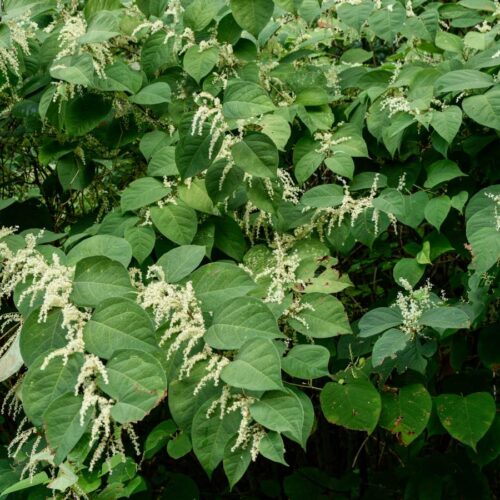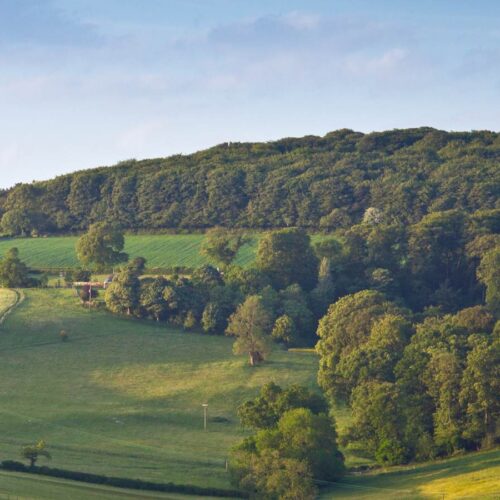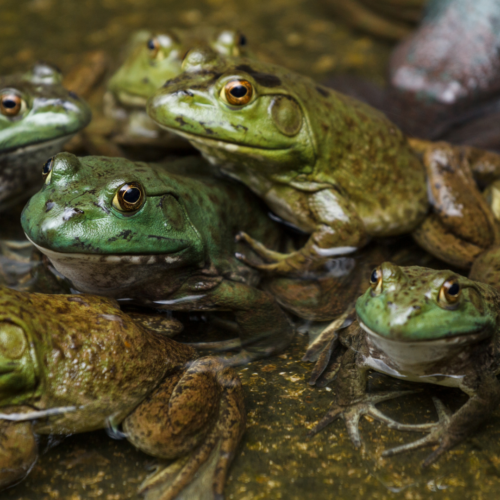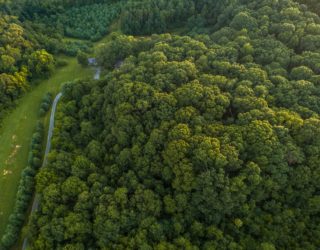In a recent (October 2016) edition of British Birds a letter was published discussing winter singing by blackcaps (Sylvia atricapilla) in Britain and Ireland (Greenwood, 2016). Blackcaps are relatively large warblers with beautiful and complex songs. These songs sometimes include mimicry of other species and there is much individual variation, and in fact an old dialect name for the species was northern nightingale.
Blackcaps breed in the British Isles and our breeding population migrates to Africa in winter. However some blackcaps that breed in continental Europe migrate here to over-winter and they can increasingly be seen on garden bird tables.
Many warblers with complex songs regularly sing on their wintering grounds in Africa. A recent paper concluded that this is probably done for practice as birds there are non-territorial and obviously non-breeding (Sorensen et al. 2016). Winter song in blackcaps has not been well studied in the UK, perhaps because the European population spending the winter here is a relatively recent phenomenon. However the behaviour is probably quite common and in early March an annual “frenzy of song” can be heard in the woods of County Down before the wintering blackcaps depart and the breeding birds arrive (Greenwood, 2016).
As Greenwood (2016) states, “It would be of interest to determine how widespread is the habit of winter singing of Blackcaps in Britain and Ireland, and when such winter singing is most prevalent”.
While in winter bird surveyors mainly concentrate on wildfowl, waders, raptors and other species of conservation concern, perhaps blackcaps are also a species that that they could listen out for and note.
References
Greenwood, J. 2016. Winter singing in Blackcaps. British Birds 109, 639.
Sorensen, M.C., Jenni-Eiermann, S., and Spottiswoode, C.N. 2016. Why do migratory birds sing on their tropical wintering grounds? The American Naturalist 187 (3): E65-E76.
Image: Jakub Stanco


